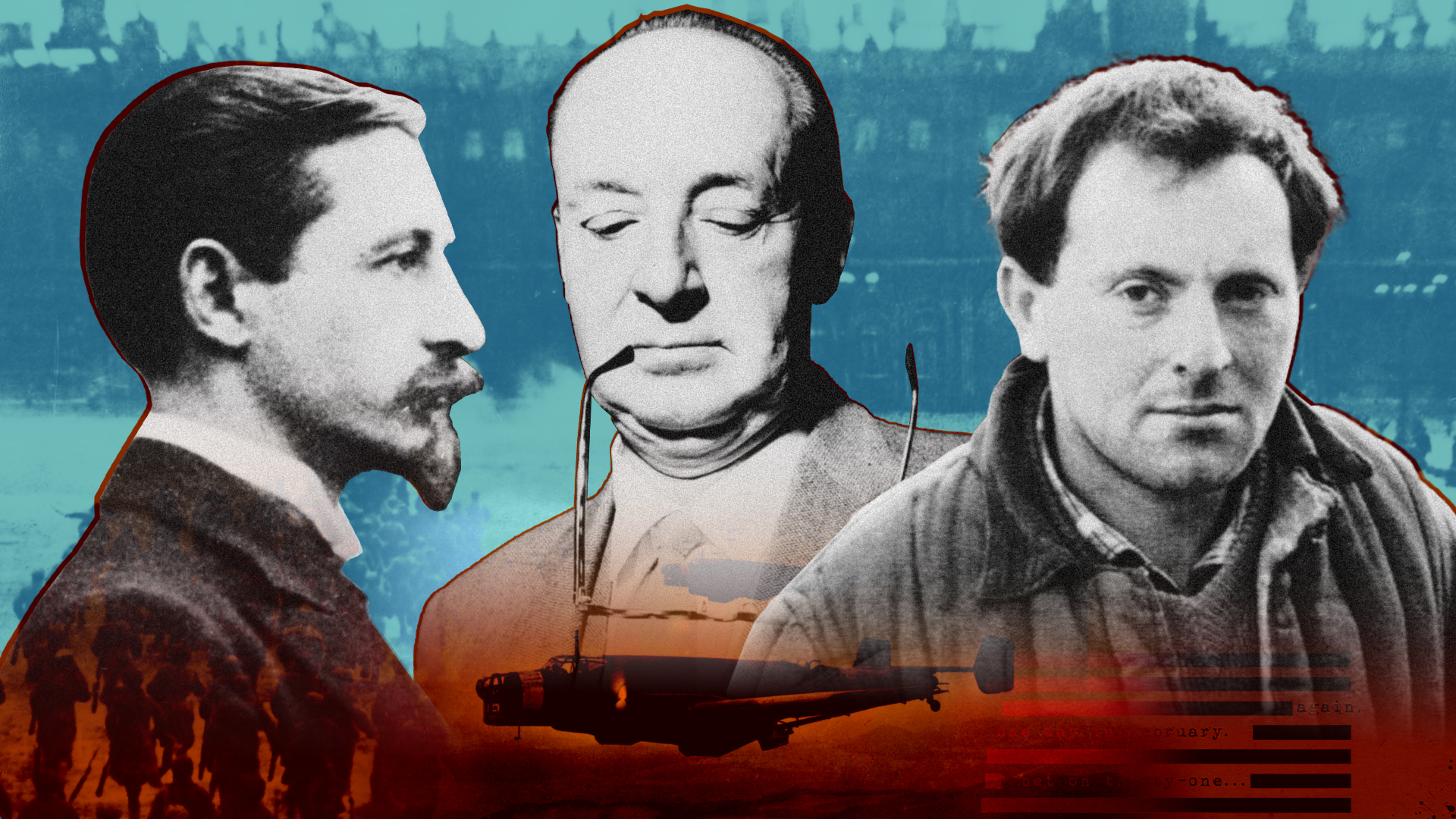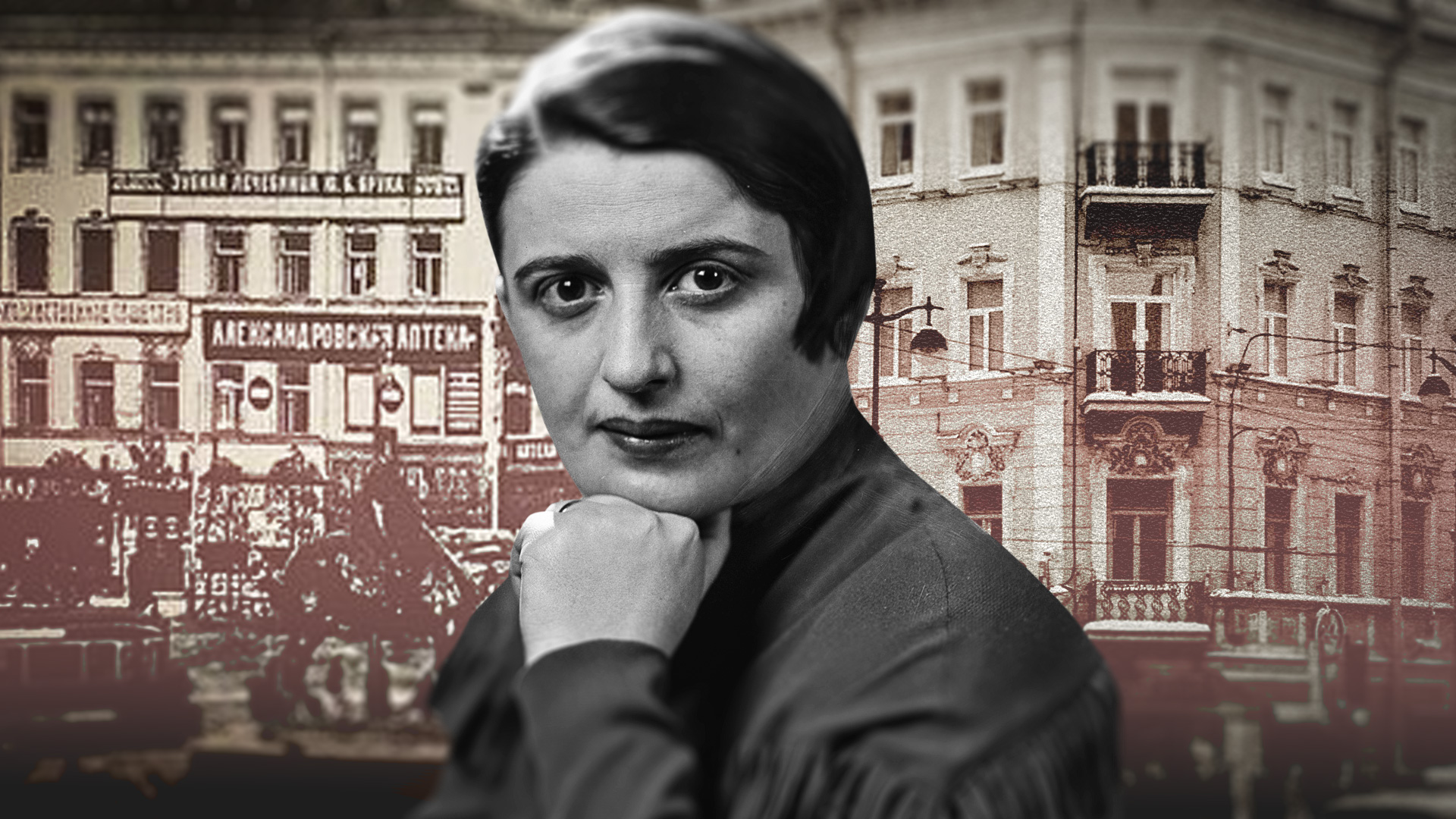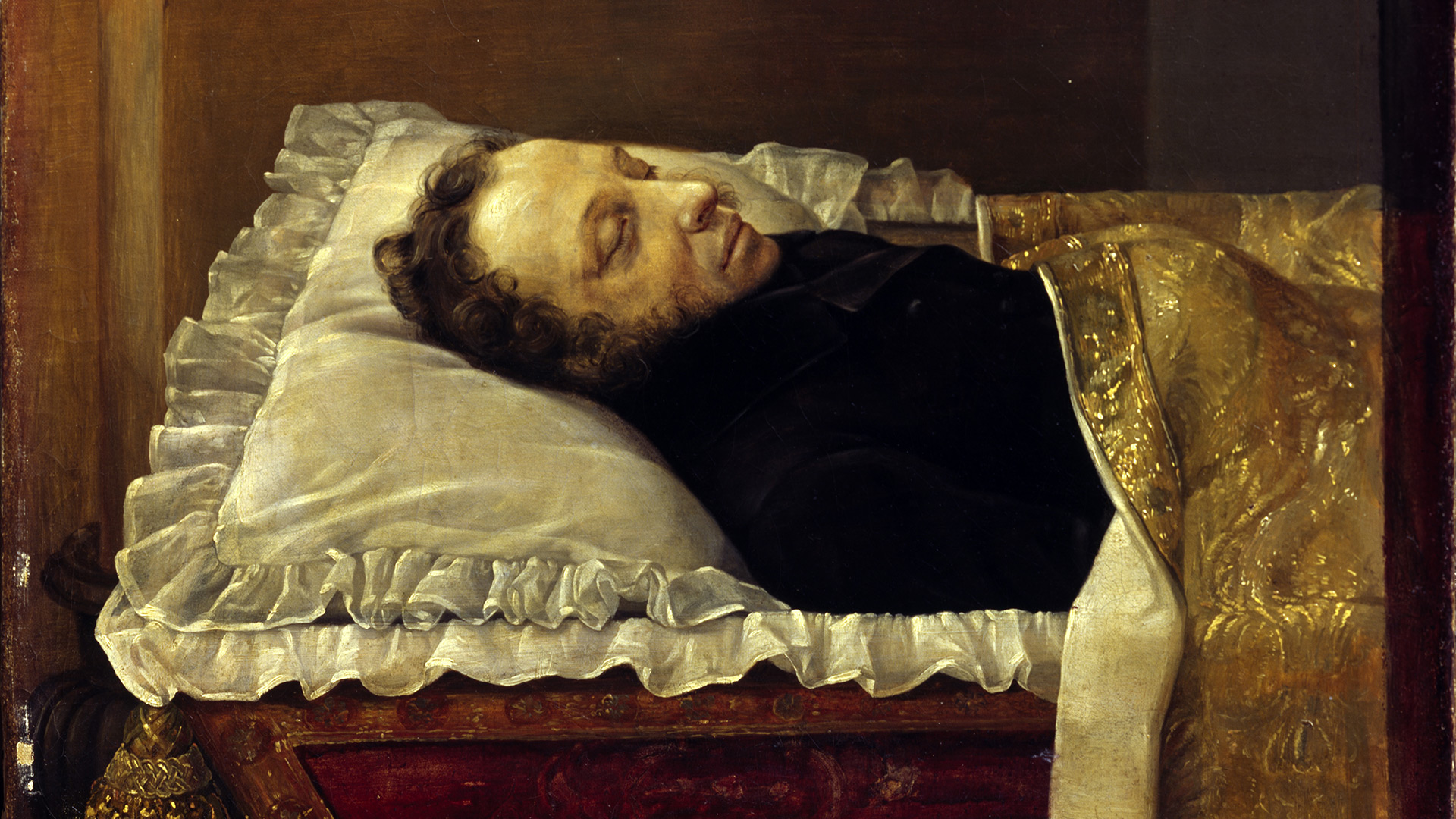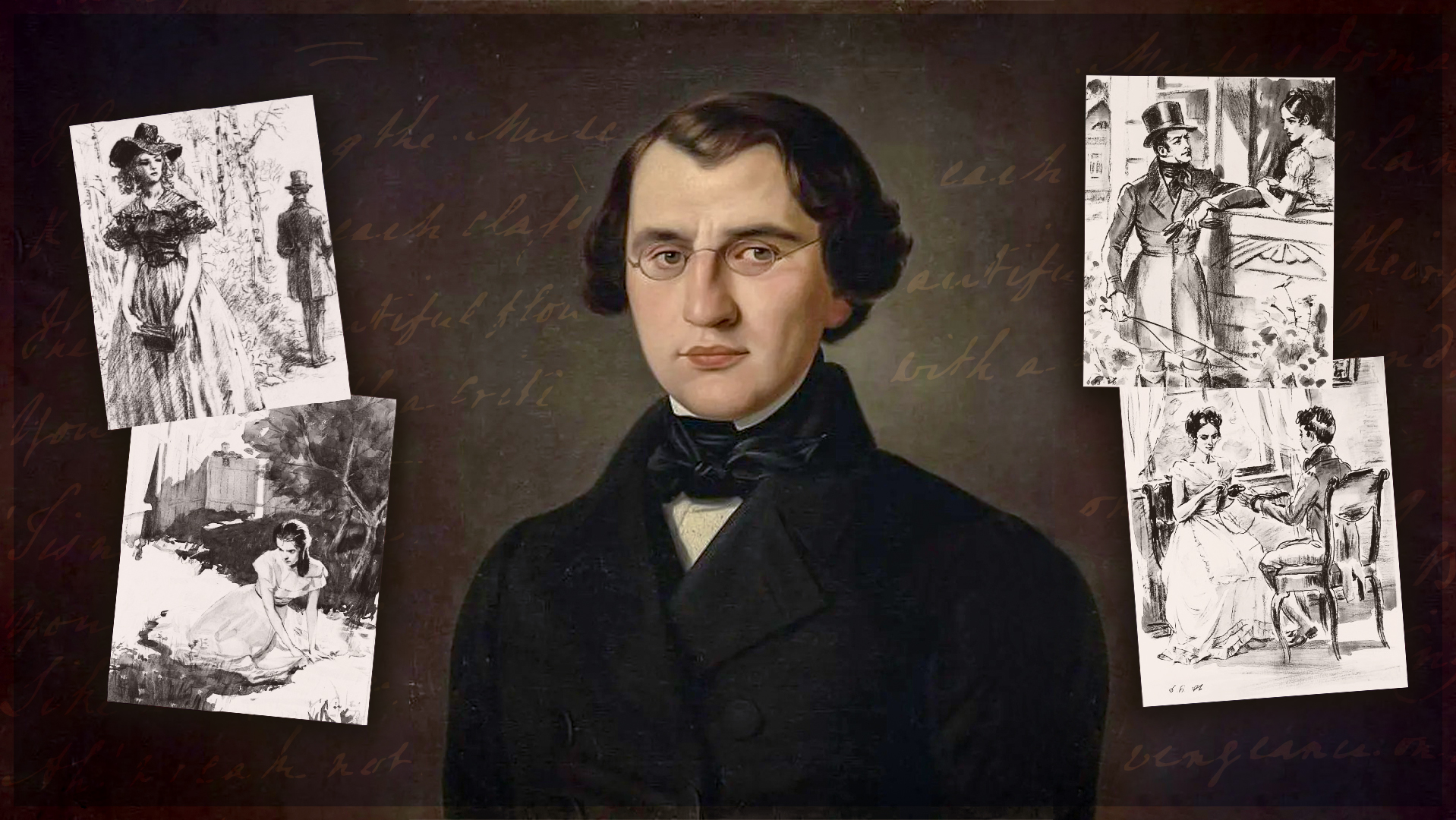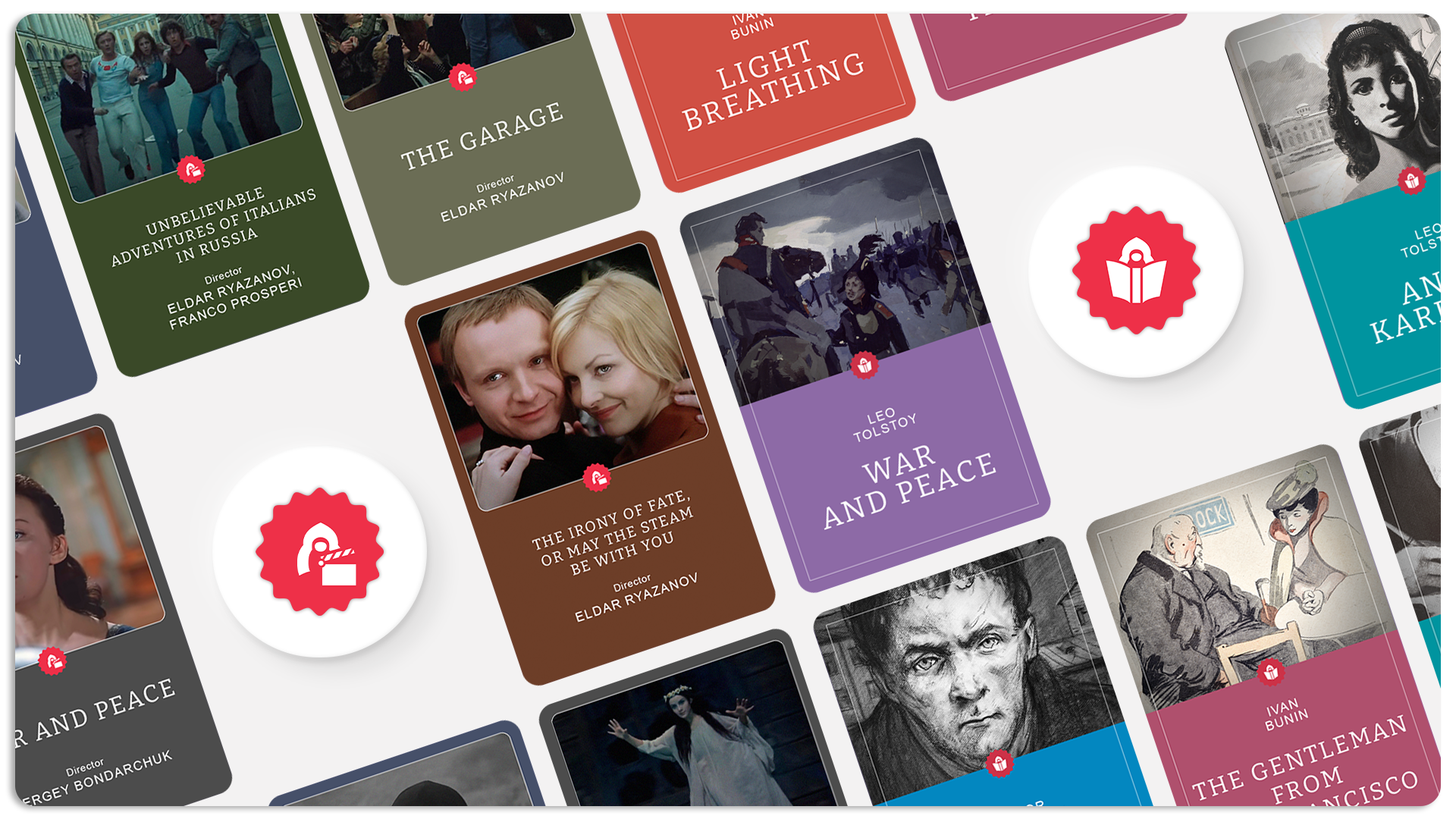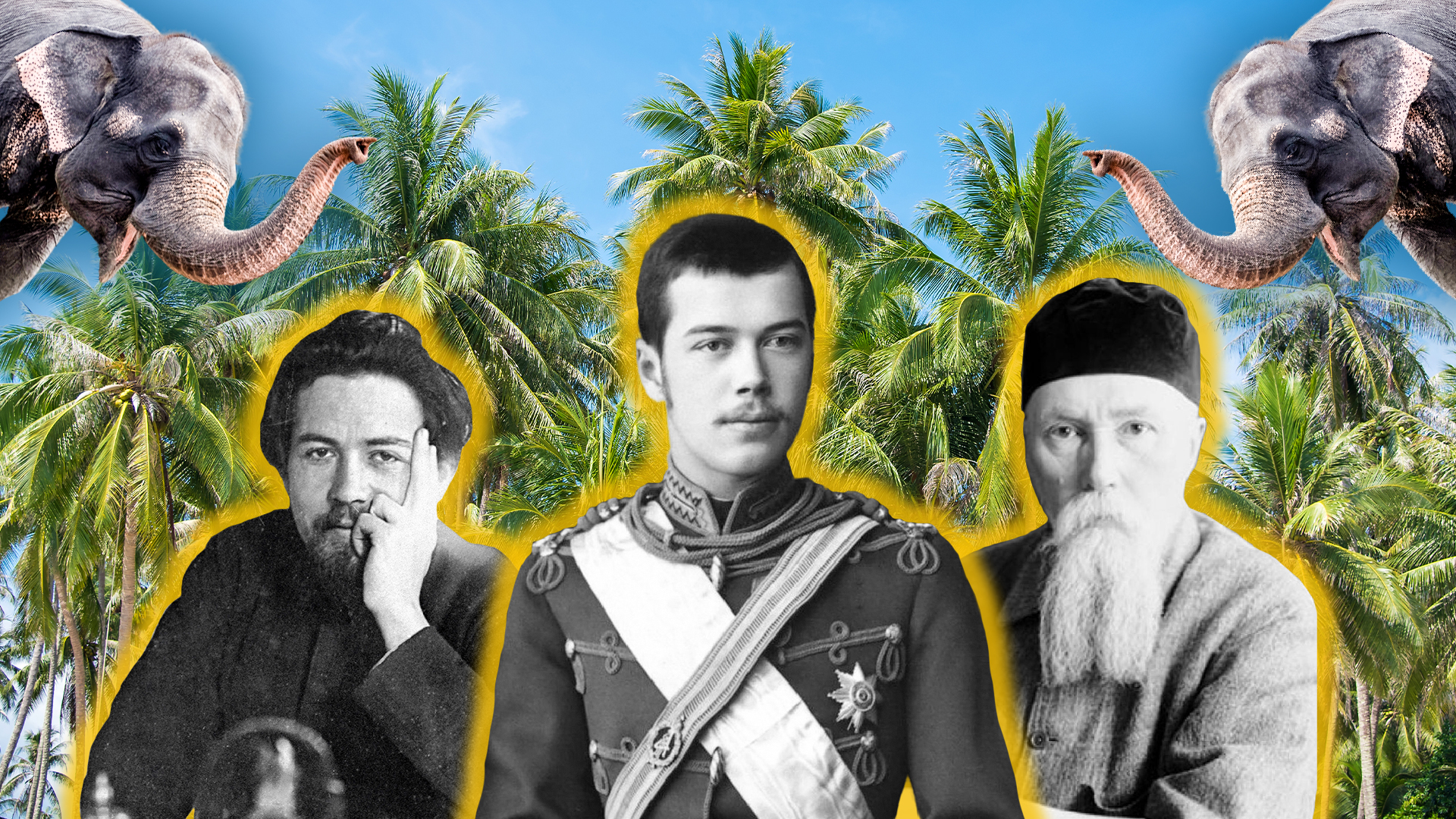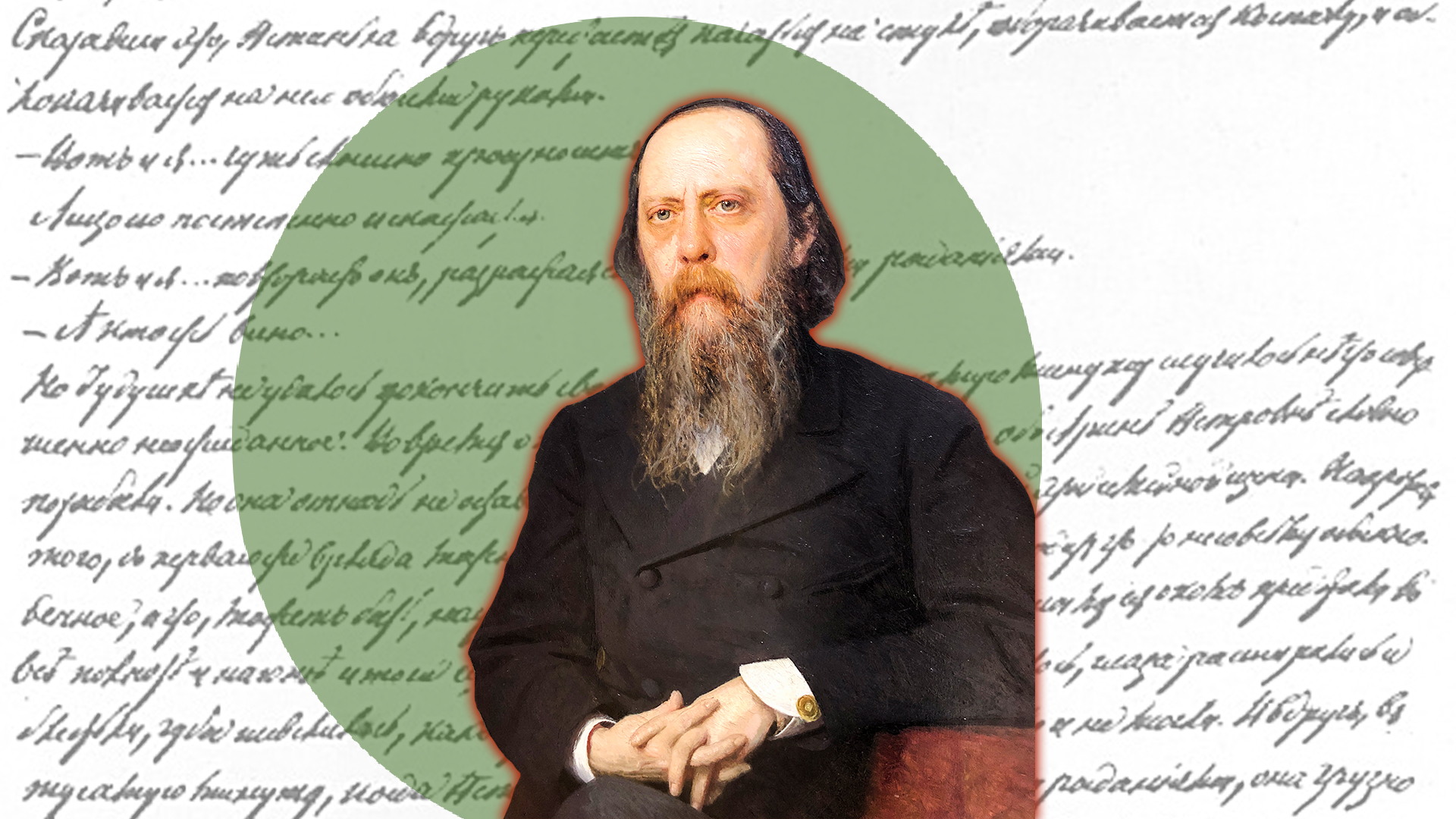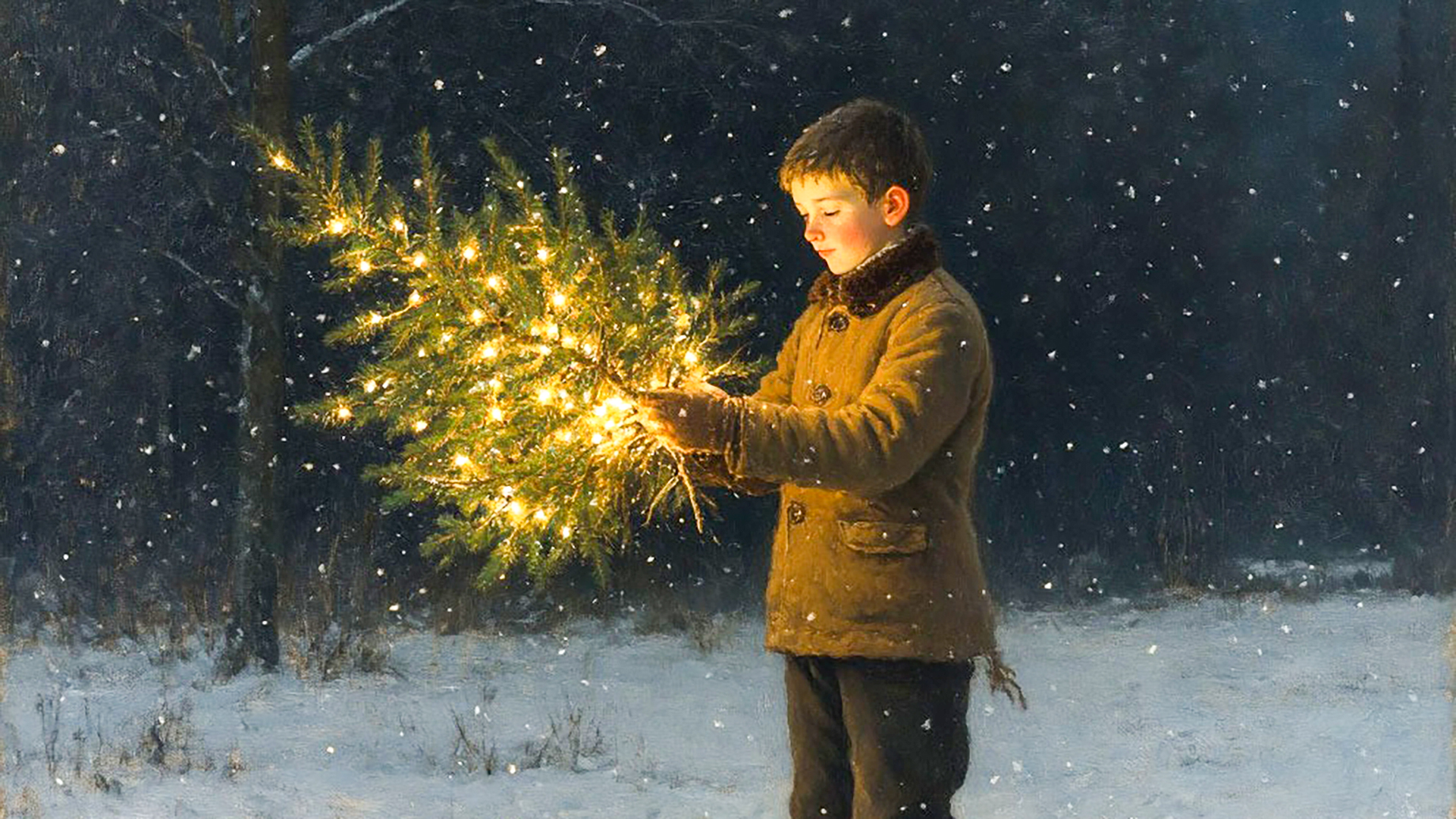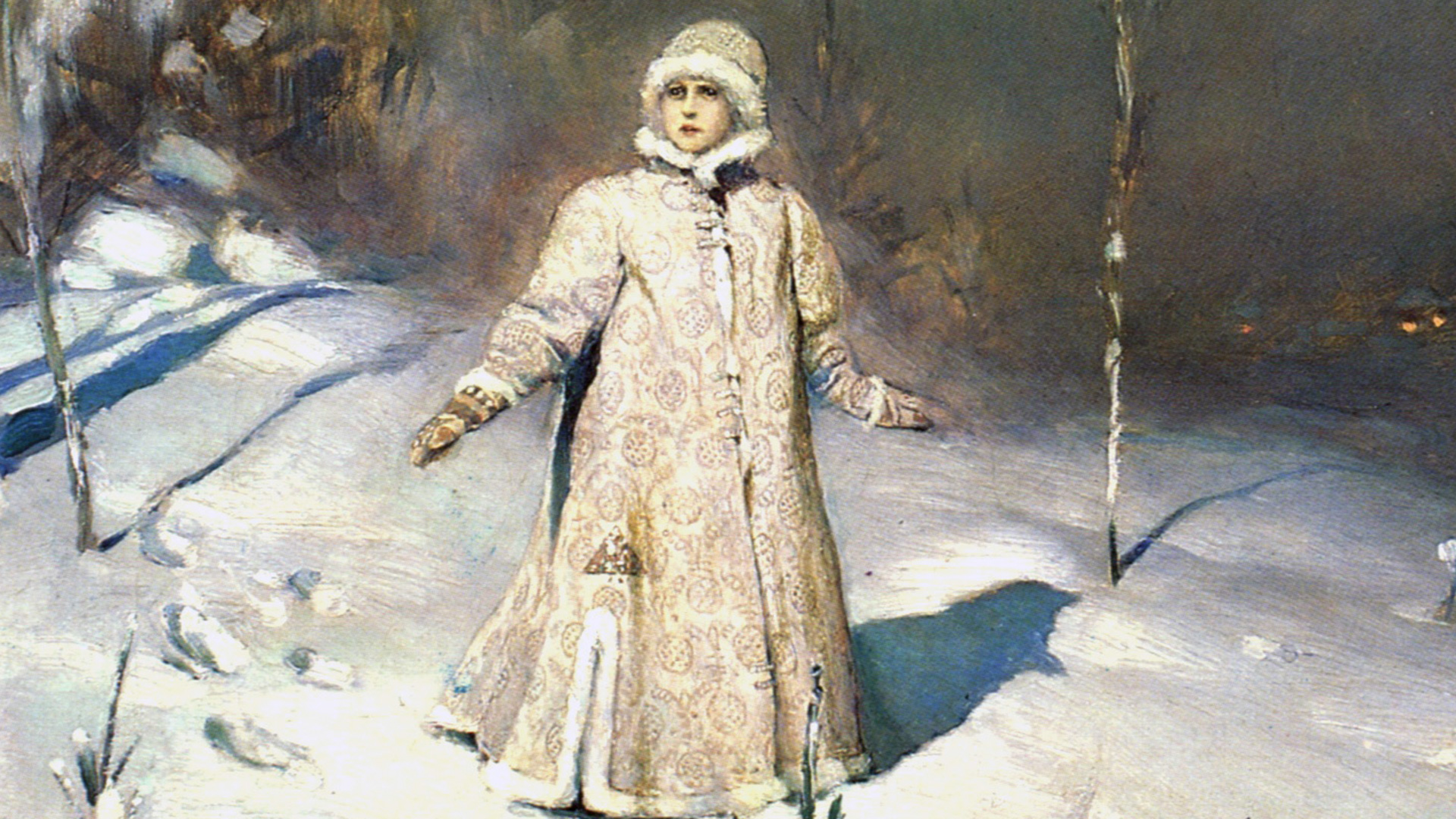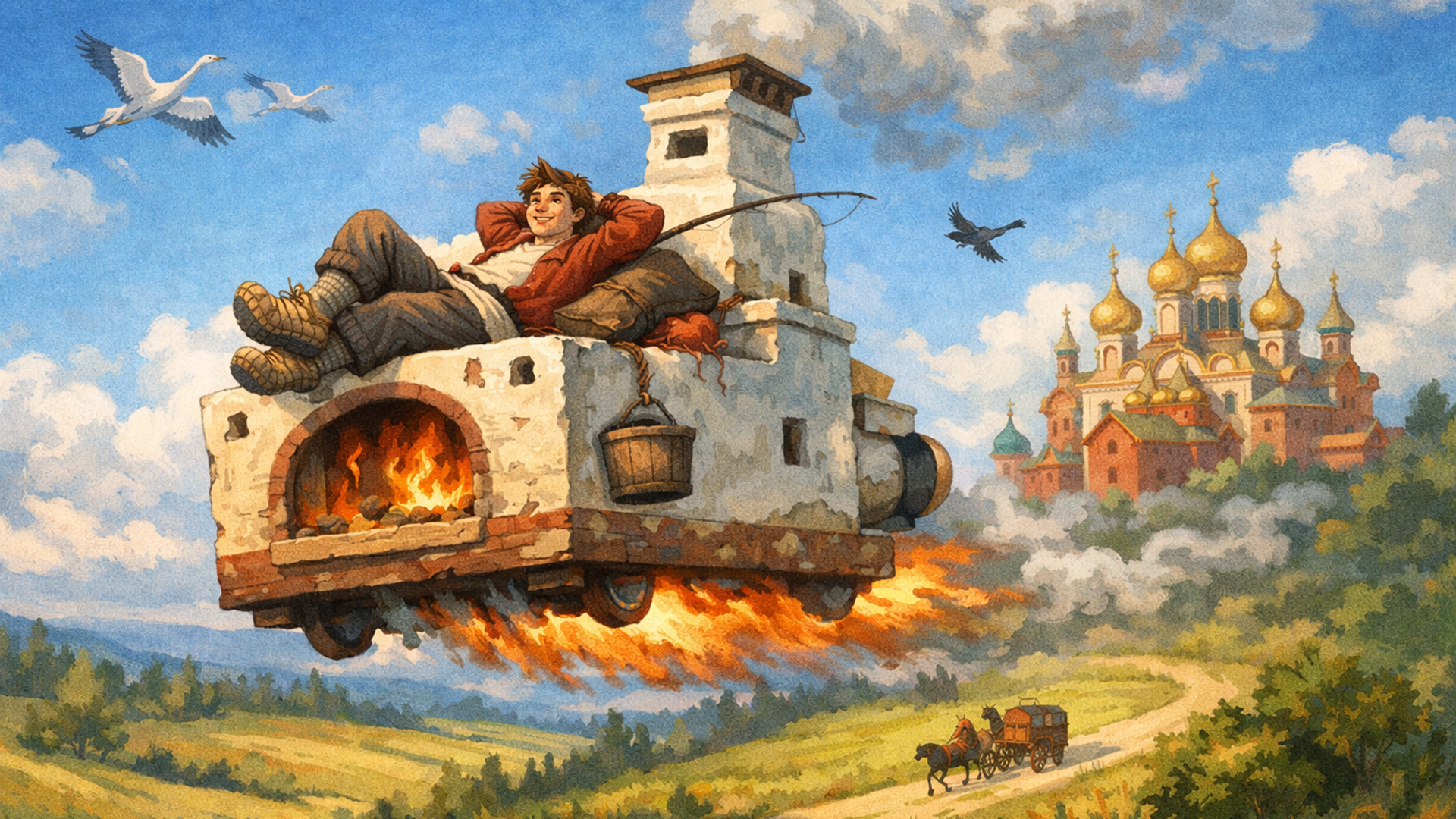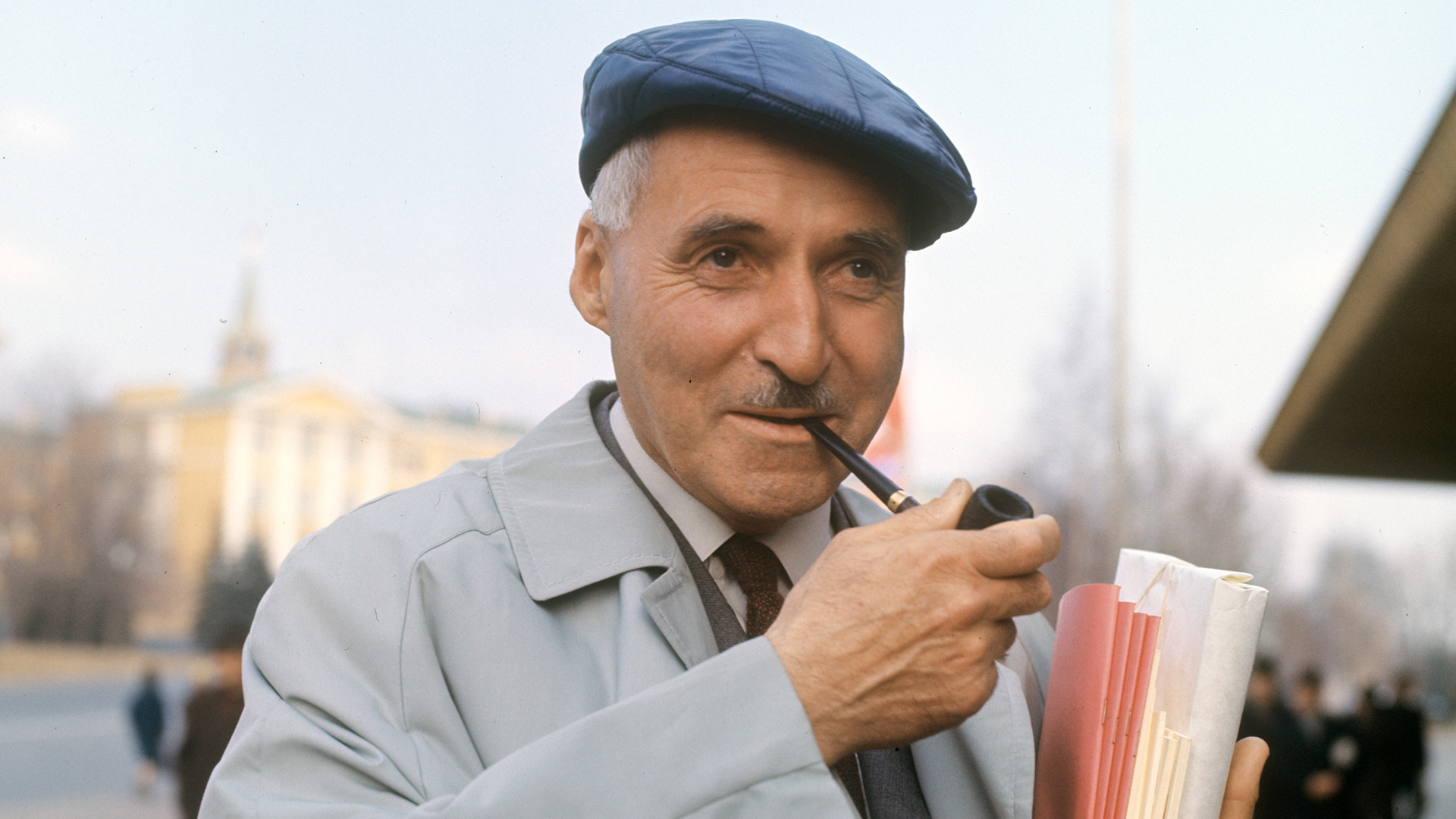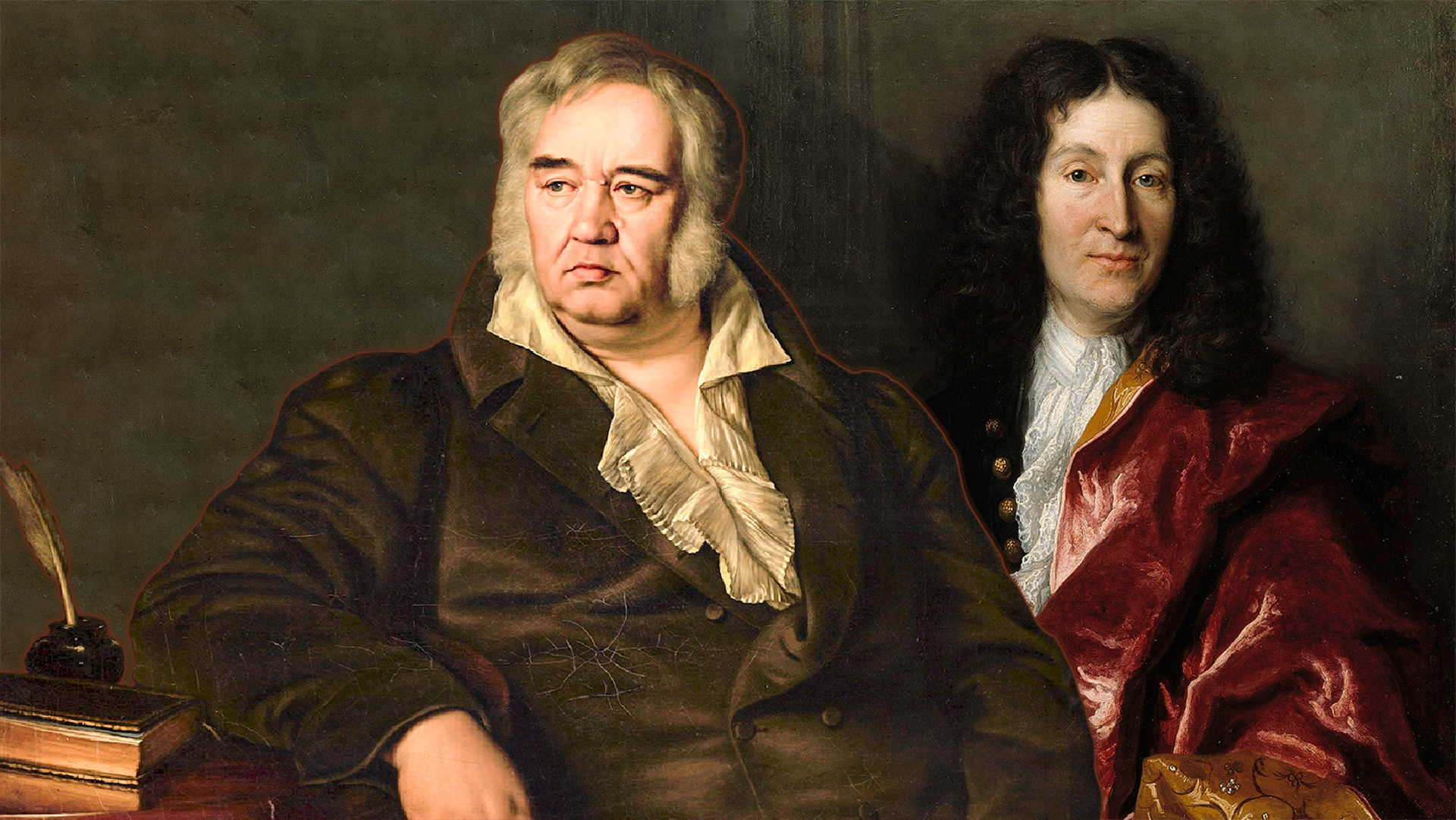
Rare PHOTOS of Joseph Brodsky, Russian intelligentsia’s favorite poet

Joseph Brodsky was born on May 24, 1940, in Leningrad (now St. Petersburg). His mother was an accountant, while his father was a military photo correspondent, having gone through the whole of World War II.
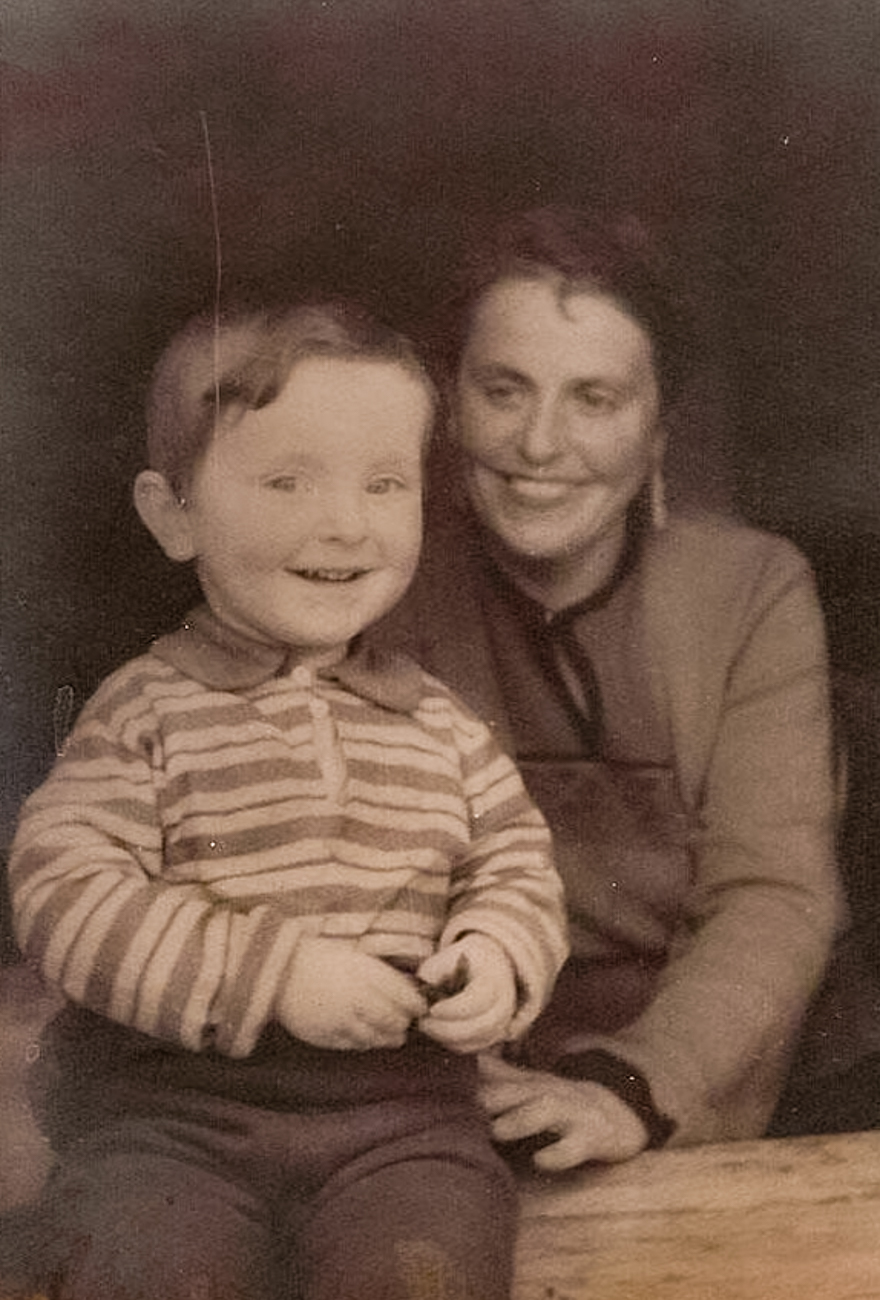 Brodsky with his mother, Maria Volpert, 1942
Brodsky with his mother, Maria Volpert, 1942
The family lived quite modestly; in 1955, they were provided with an apartment in the famous Muruzi House, where many writers and poets of the Silver Age lived. Brodsky called his small apartment “a room and a half”. It has since become the name of the museum now dedicated to him in this former residence.
 Brodsky teaching at University of Michigan, c. 1972
Brodsky teaching at University of Michigan, c. 1972
He was an out-of-system person and didn't want to follow the imposed rules of Soviet life. He didn't finish school, just left the class in the middle of a lesson in the 8th grade and never went back. And while all poets and writers were obliged to have an official job, he did not restrain himself. As a result, a Soviet court convicted him for “social parasitism” and he was sent to exile in the north for a year and a half.
 Brodsky in his northern exile, 1965
Brodsky in his northern exile, 1965
Brodsky's literary mentor was famous female poet Anna Akhmatova, whom he often visited with three other “Akhmatova boys”. Upon learning of the sentence and exile, she remarked, “What a biography is being made for our redhead!” When Akhmatova passed away, Brodsky suffered her death as a personal tragedy. In the photo from her funeral, he is pictured on the right.
 Brodsky (right in the front) pictured at Anna Akhmatova's funeral
Brodsky (right in the front) pictured at Anna Akhmatova's funeral
Brodsky's poems were not published, as they were not “suitable” for the Soviet press, as they were considered to be too complex and incomprehensible for the masses with their metaphysical meaning and biblical references. In addition, after his exile, the poet found himself in a semi-legal position and was subsequently not accepted into the Writers' Union (which was very important in Soviet times).
 Brodsky in Vienna, 1972
Brodsky in Vienna, 1972
He earned his living with translations and children's poems, while suffering from humiliation and the inability to realize his creative potential. He was also under constant surveillance by the KGB. So, eventually, he was literally forced to leave the country. In 1972, he went to the U.S. via Vienna.
 June 4, 1972. The last day in the Soviet Union
June 4, 1972. The last day in the Soviet Union
The disgraced Soviet poet already had his own audience abroad and his poems were printed in the West. So, Brodsky immediately accepted as a 'poet-in-residence' at the University of Michigan and, initially, lived with his American publishers Karl and Ellendea Proffer in Ann Arbor.
 Brodsky in Ann Arbor
Brodsky in Ann Arbor
Later, he moved to New York City and began teaching and lecturing Russian literature at New York University and Columbia University. In the United States, Brodsky became primarily known not as a poet, as their sense and style were usually lost in translation, but as an essayist. He began to write in English. In addition, he earned money by writing columns in magazines.
 Joseph Brodsky in New York
Joseph Brodsky in New York
The real triumph happened in 1987. Brodsky's dream came true and he received the Nobel Prize for Literature “for an all-embracing authorship, imbued with clarity of thought and poetic intensity”.
 Joseph Brodsky receiving his Nobel Prize in Literature, 1987
Joseph Brodsky receiving his Nobel Prize in Literature, 1987
After that, he became a star on a world scale. And his material wealth was so significant that he did not hesitate to help all Russian emigrants.
 On December 15, 1991, the bronze bust of Joseph Brodsky was unveiled in the Netherlands. The photo shows Brodsky with the sculptor by Sylvia Willink
On December 15, 1991, the bronze bust of Joseph Brodsky was unveiled in the Netherlands. The photo shows Brodsky with the sculptor by Sylvia Willink
An important fact about Brodsky as a person is that he was a great lover of cats.
 Brodsky and his cat nicknamed Mississippi, 1987
Brodsky and his cat nicknamed Mississippi, 1987
His personal life, however, was not too successful. In his youth, he had a great, but unhappy love with artist Marina Basmanova. They had a son Andrei out of wedlock, who decided to bear his mother's last name. Brodsky also had a daughter named Anastasia with ballerina Marianna Kuznetsova.

The poet found family happiness at the age of 50, marrying Maria Sozzani, who was 29 years younger and came from a noble family of Russian emigrants. In 1993, they had a daughter whom they called Anna-Maria-Alexandra.
 Brodsky with Maria Sozzani and their daughter, 1995
Brodsky with Maria Sozzani and their daughter, 1995
During perestroika, Brodsky became a star in his homeland. The USSR finally published collections of his poems and they became incredibly popular among the intelligentsia, in addition to the halo of a disgraced poet formed around him. But, he did not return to his homeland even after the collapse of the USSR.
 Brodsky in New York, 1995
Brodsky in New York, 1995
However, Brodsky missed his homeland very much. He traveled to Venice in winter many times and, wandering along the canals, claimed that they reminded him of his native Leningrad.
 Brodsky in Strasbourg, France, 1991
Brodsky in Strasbourg, France, 1991
Ever since his exile in the North, the poet would be plagued with heart problems, but he would not give up his bad habits, despite doctors insisting. Brodsky died at the age of 55 from a heart attack at his home in New York. He is buried in Venice’s San Michele Cemetery.
 Brodsky in Aula UvA University, the Netherlands, 1988
Brodsky in Aula UvA University, the Netherlands, 1988



